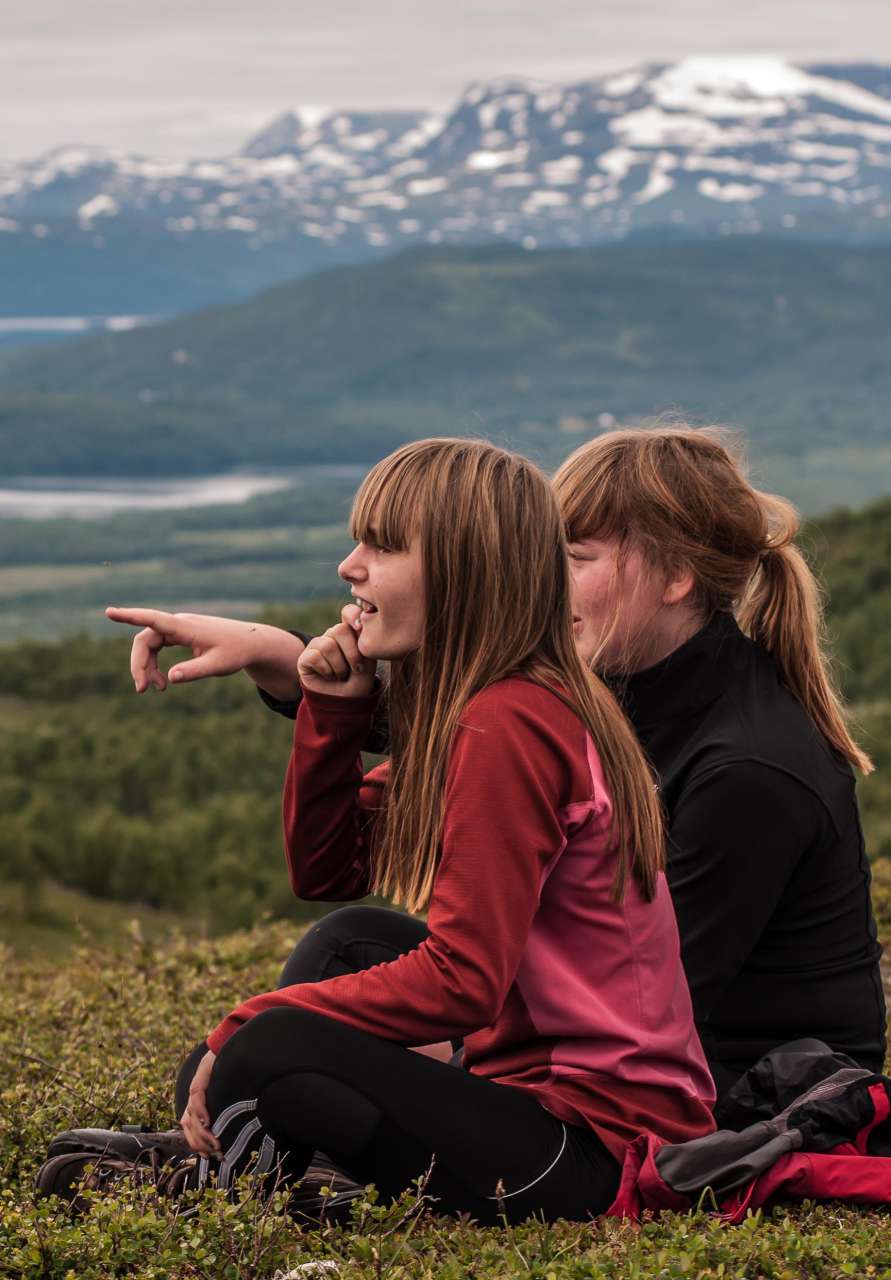Division of Food Production and Society
Healthy food and lifestyle choices in the Arctic

End: jan 2018
Start: aug 2015
Main focus areas
a) map and share status on studies and citizens preferences on healthy diet, and food waste in the Arctic and
b) identify the characteristics of successful institutions for a healthy diet and reduced food waste
c) establish multidisciplinary networks for exchange and production of new knowledge across Arctic cultures
A specific focus will be on the “disappearance of” and “re-appearance of” traditional and local food culture such as the importance of local food, diets, meal-patterns and cooking, and on how the local food culture and food quality (nutrition as well as food safety), alcohol as a part of eating habit and food waste change over time in the Artic area.
The main activities in the project are workshops with scientists and stakeholder participation, sharing successful cases and carrying out a survey on people’s experiences and perceptions about food lifestyle issues, traditional diets, alcohol consumption and food waste as well as their views on future development.
| Start - end date | 01.08.2015 - 31.01.2018 |
| Project manager at Nibio | Hilde Margrethe Helgesen |
| Division | Division of Food Production and Society |
| Department | Economics and Society |
| Partners | Norway: Nofima. Finland: University of Oulu. Russia: Northern Arctic Federal University og Northern State Medical University, Arkhangelsk |
| Funding source | The Nordic Council of Ministers`Arctic Co-operation Programme 2015-2017 |
Summary
Arctic populations within the participating countries Russia, Norway and Finland meet a number of similar climatic and settlement challenges with possible negative effects on public health and the environment. The rapid shift in parts of Russia, Finland and Norway from use and knowledge of local food resources to an urban lifestyle and diets, such as in mining and oil export oriented communities with high salaries or living long periods (3-6 months) in hotels, may change food consumption towards a less healthier and sustainable diet. Because Norway and Finland already have relevant experience both in research, regulations and policies such as in the Nordic Plan of Action on better health and quality of life through diet and physical activity and other plans/strategies, we consider it valuable for the artic population to be aware of and hopefully also able to utilized some of this knowledge and successful solutions. By active participation of selected population groups in Russia in learning lab processes, within think tanks, public consultations and workshop (as described in the communication plan) the need for knowledge and exchange of experience, will be met.
The public health in the Arctic regions of the Nordic countries and Russia are threatened by a number of life style related factors. The rapid shift in parts of Russia, Finland and Norway from use and knowledge of local food resources to an urban lifestyle and diets, such as in mining and oil export oriented communities with high salaries or living long periods (3-6 months) in hotels, may change food consumption towards a less healthier and sustainable diet. Because Norway and Finland already have relevant experience both in research, regulations and policies such as in the Nordic Plan of Action on better health and quality of life through diet and physical activity, the intention is to spread relevant parts of this knowledge to the rest of the Artic population.
Understanding how Nordic and in particular Artic foods and diet can contribute to a healthier lifestyle is of the utmost importance for preventing lifestyle induced diseases in a healthy population as well as in combating existing diet-related conditions. Alcohol is a part of these Northern eating habits and is included as well. The formal institutions like regulation as well as informal institutions like alcohol consumption habits, socioeconomic patterns and knowledge and economic opportunities vary across Nordic and North-West Russian countries and culture. Both the type and the quantity of the food, lifestyle and alcohol differ between Artic cultures - historically and today and so does the share of bio-waste being about 20-30% of all the wastes generated in households. The removal of this food loss would have remarkable effect on food demand and would reduce environmental impacts and stress on land use in the Artic area.
Publications in the project
Authors
Hilde Margrethe Helgesen Arja Rautio Sari Piippo Eva Pongrácz Elena Golubeva Andrey Soloviev Ida Synnøve Bårvåg Grini Themistoklis AltintzoglouAbstract
No abstract has been registered

